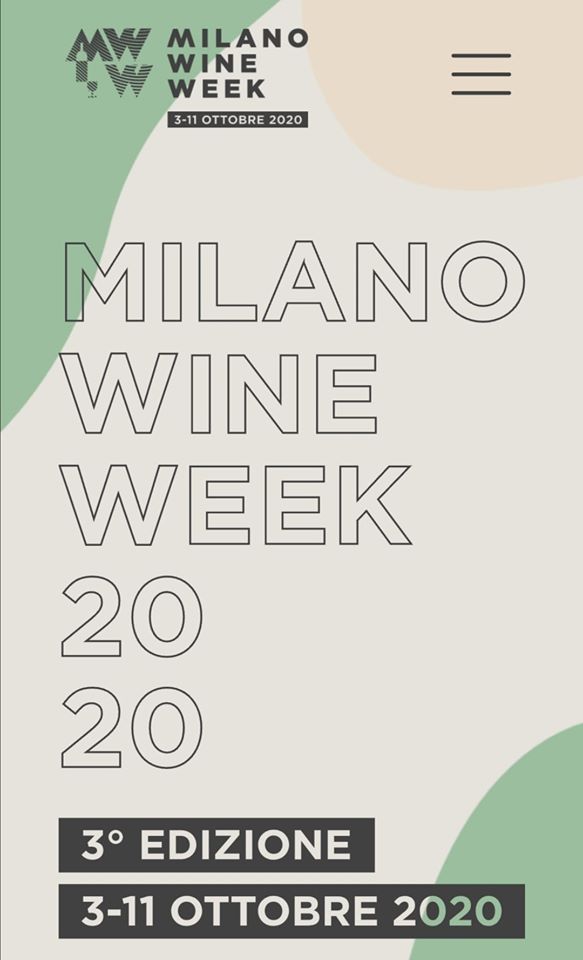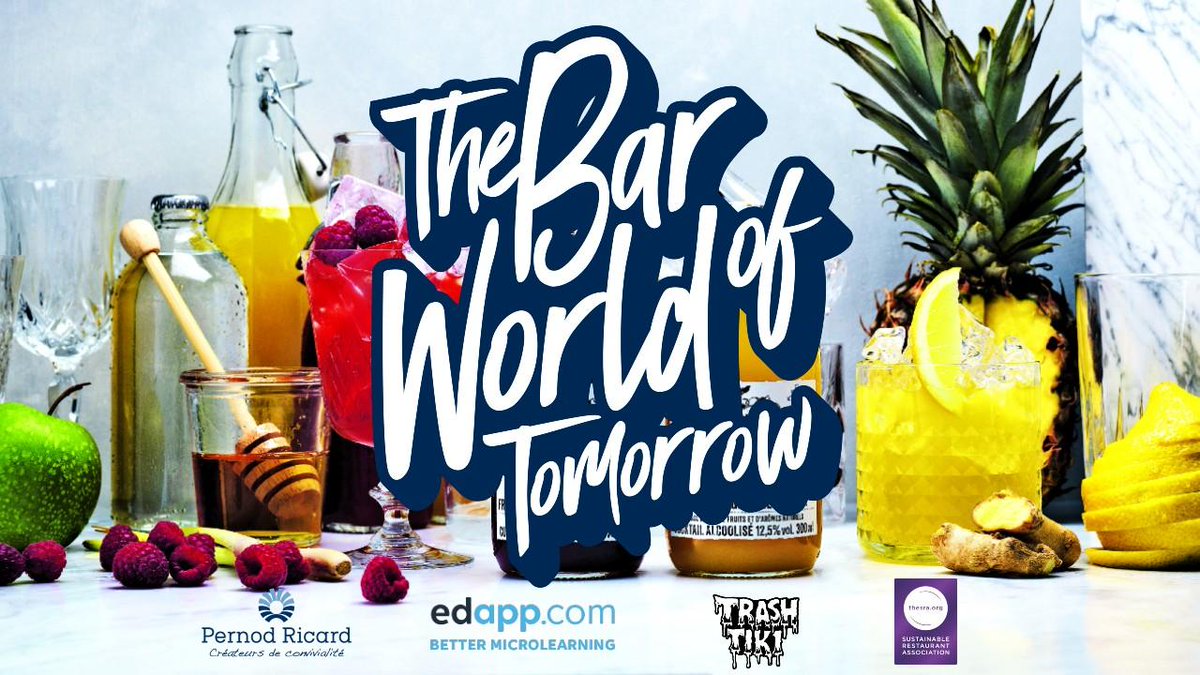Milano Wine Week will represent the first international wine event since the global Covid-19 shutdown. This year the organizers have set up a series of food and wine pairing demonstrations with top Italian chefs, for both trade and consumers that focuses on wine providing the inspiration for the dish – this online event will take place at a test kitchen near the Piazza del Duomo.
Milan Wine Week 2020 will be focusing on experiential events that connect with wine consumers, rather than a wine fair with booths. The organizers are also setting up small wine worlds within the popular neighborhoods in Milan; one neighborhood will focus on Franciacorta wines while another will focus on Prosecco wines, i.e., each neighborhood will have wine bars and restaurants focusing on that specific wine area. Each neighborhood will become a particular wine consorzio (association).
For trade and media, there will be a series of masterclasses and wine tastings as well as seminars that will not only focus on advice, guidance and networking opportunities but it will speak about exploring opportunities in a post-Covid world while all events will honor rules and government guidelines for avoiding the spread of the virus.
Milan Wine Week an international event and for 2020 they have upped their digital game by having events taking place in ten key cities: New York, San Francisco, Miami, Toronto, Hong Kong, Shanghai, Beijing, Moscow, Munich and London that will be linked live to events taking place in Milan such as a winemaker leading a tasting and connecting live to other international cities via the internet.
Last year, Milan Wine Week attracted over 300,000 attendees across 300 event spaces in the northern Italian city.
“When our reality changes we need to change accordingly. Milano Wine Week has risen to the challenge by turning a gap into an opportunity,” Federico Gordini, Fonder of Milano Wine Week states
“During the lockdown, we decided to reimagine and adjust our business model in order to create something that was revolutionary and suitable for these times, trying to achieve an even bigger endeavor at an international level, while complying with strict regulations,” he added.
The week-long event will also gather opinion leaders, international professionals and consumers, and will include seminars, masterclasses, tastings and forums exploring everything from millennial drinking habits to wine retail trends.
“We will act as a broadcaster streaming a series of programs that can be accessed in real-time around the world. For the first time in our history we have decided to create a common thread connecting all the events in our schedule,” Gordini said.
Pre-registration : https://www.milanowineweek.com/digital-wine-fair-pre-registration/


![2020 CMA [Canadian Marketing Association] Awards – Judging Commences Today](https://www.liz-palmer.com/wp-content/uploads/2020/07/Liz-Palmer-Judge-CMA-2020.jpg)

![The 2020 Canadian Marketing [CMA] Awards](https://www.liz-palmer.com/wp-content/uploads/2020/06/Judge-CMA-Liz-Palmer-1200x675.png)
